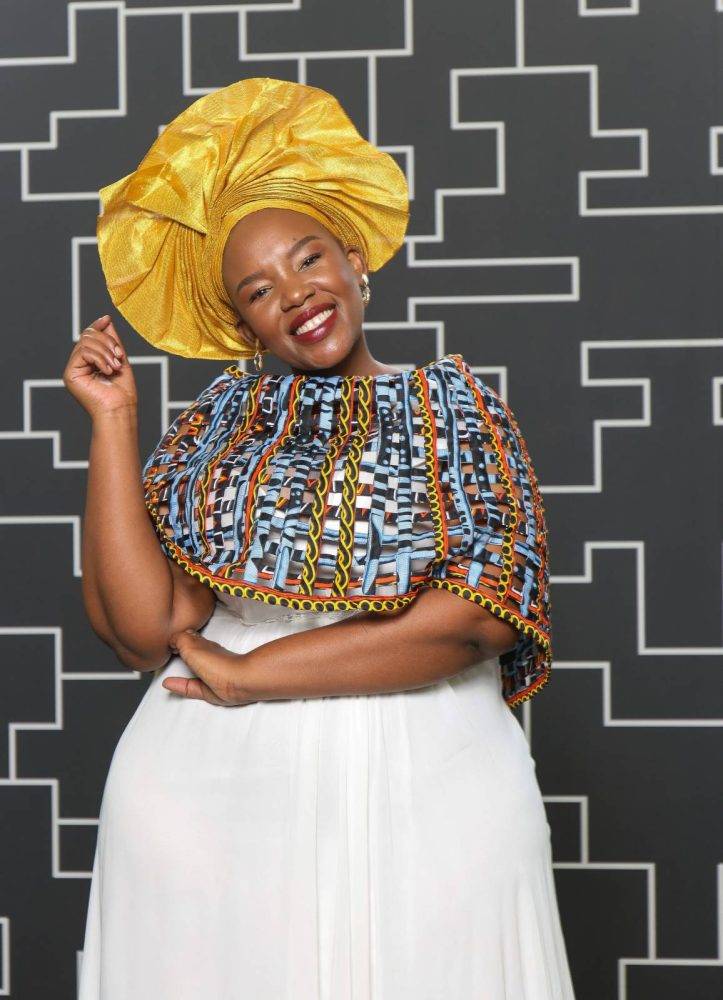Reel problems: Noluthando Rotwane, founder of the She Fest has spoken out about the challenges of sexism in the film industry.
In South Africa, highlighting women’s trials and triumphs, in their respective fields, is usually limited to a specific month.
Yet, women’s struggles and their strength to overcome such, is a daily occurrence with the film industry.
Be it behind or in front of the camera, and even in management positions, women in the film industry are constantly having to challenge the patriarchal barriers.
Historically, women have been significantly underrepresented in key roles such as directors, producers and writers.
In her work as project manager at the Gauteng Film Commission, Nthabeleng Phora advocates for female and youth empowerment in the industry.
In an interview with the Mail & Guardian, Phora said significant strides have been made in recent years, the film industry is still a challenging environment for women.
Phora says she overcomes the hurdles in this male-dominated setting by being intentional and resilient to achieve gender equality and transformation.
“This passion comes from appreciating that I am given an opportunity through my employment to serve the industry,” she says.
“By implementing programmes that address the challenges we can generate solutions and present opportunities.”
 Director Sihle Hlophe has spoken out about the challenges of sexism in the film industry.
Director Sihle Hlophe has spoken out about the challenges of sexism in the film industry.
Multi-award-winning film director Sihle Hlophe manages to overcome the challenges in a number of ways.
“Failure and rejection do not define me — they’re part of life — so I’ve been working hard to be kinder to myself when I go through those difficult experiences,” she tells me.
Hlophe argues that consistency and hard work are very important, in spite of the inimical working environment. She adds that an entrepreneurial mindset has allowed her to create opportunities for herself when it seemed there were none.
Establishing networks in the industry is also important. Hlophe mentions fellow film writer Busisiwe Ntintili, who often creates opportunities for young writers. “She did that for me when I was an up-and-coming writer many years ago.”
Noluthando Rotwane, the founder of the She Fest, also aims to create platforms for women in a thorny film industry.
“To tell the truth, I don’t think I have been able to overcome any part of the male domination in our industry yet,” she concedes.
However, through the festival, Rotwane is well on her way to creating a sustainable economy for women in the creative industry.
“Maybe in a year or two I’ll be able to say I have overcome the challenges I have constantly faced with being in a male-dominated industry.”
In its second year, She Fest —which took place earlier this year at Constitution Hill in Johannesburg — is an event celebrating the talents of women in the creative film industry.
“The festival was inspired by the need for an intervention in the creative industry,” says Rotwane.
“There was a lack of job creation and opportunities available for women in the industry.”
Besides challenging societal and cultural norms, women in film face numerous other challenges, according to the National Film and Video Foundation of South Africa.
In its 2018 report Gender Matters in the South African Film Industry, the foundation highlighted obstacles such as gendered financial barriers, male-dominated industry networks, stereotypes limiting creative expressions and sexual harassment.
Lack of trust and undermining of women’s abilities behind the scenes was also an issue.
Since then, slow and small strides have been made to raise awareness.
Although advocacy groups such as Women of the Sun and Women in Film and TV South Africa no longer exist, Sisters Working in Film and Television (Swift) has taken up the baton.
A non-profit organisation, Swift is committed to championing empowerment and access to equal opportunities for women in the film industry.
In studies conducted by Swift, respondents noted that sexual advances by male colleagues were normal in the workplace, despite the disinterest of the women concerned.
Other respondents said they had been non-consensually touched and were the victims of inappropriate hugging, butt slapping and “accidental” contact.
A safety contact officer programme to counter sexual harassment is one of the strategies Swift uses to address the safety of female filmmakers in the work environment.
It is sadly such misogyny that limits the creative contribution of women to the local film industry.
Hlophe advises female filmmakers going through such mistreatment to not be afraid to stand up for their rights and to contact organisations such as Swift.
“Don’t let anyone tell you that you can’t do something — there’s nothing you can’t achieve if you set your mind to it,” says Hlophe.
“We all need to work together to make sure this industry is a safe space, free from sexual exploitation, harassment, and all the negative aspects that come with patriarchy.”
Phora concurs that women should know they are not alone and they should speak out.
She not only encourages female filmmakers to constantly craft their unique storytelling voices but also stay updated with the latest trends and policies in filmmaking.
Since its birth more than 100 years ago, the South African film industry has been male dominated with women underrepresented.
However, the contribution of female filmmakers is growing. Empowerment of women in the industry is key for economic growth and social impact. Therefore, voices that reject the ill-treatment of women in the film industry should always be amplified.